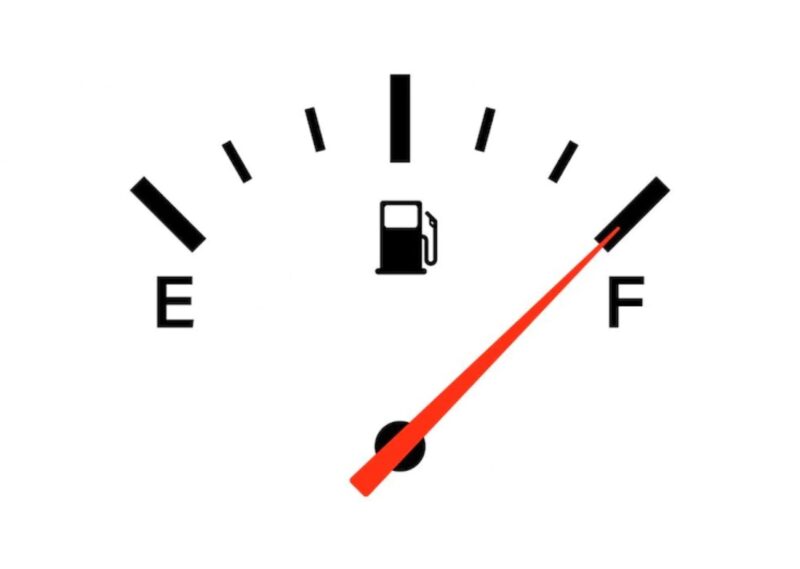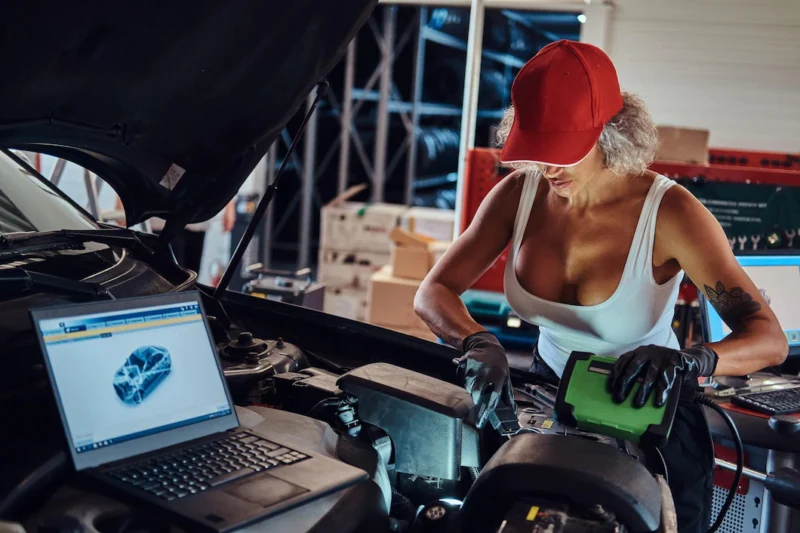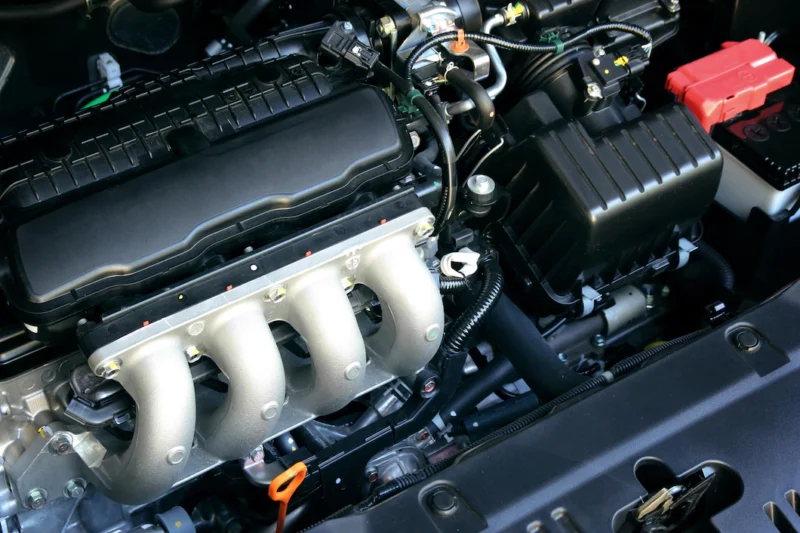With the rise in popularity of performance vehicles, you would expect there to be an increase in fuel consumption. But is that really the case? In this article, we will explore whether or not chiptuning reduces fuel consumption and provide you with a guide for 2024.
What is Chiptuning?
Chiptuning is the process of modifying a car’s engine to run more efficiently using specially designed chips. By running the engine at a higher frequency, you can achieve greater power and fuel efficiency. Chiptuning typically reduces fuel consumption by around 10%, making it a great way to reduce emissions and save money on fuel costs.

The Benefits of Chiptuning
Chiptuning your vehicle can have a number of benefits, including reducing fuel consumption. Here are five reasons why you should consider chipping your car:
1. Chiptuning increases horsepower and torque. A chipped ECU can provide an increase in horsepower and torque by allowing the engine to rev higher and inject more fuel into the combustion chamber. The result is increased performance and efficiency.
2. Chiptuning reduces emissions. By altering the engine’s programming, chiptuning can reduce emissions by up to 90%. This means that your car will produce less pollution, saving you money on gas and insurance premiums.
3. Chiptuning improves fuel economy. Chipping also alters the way your car uses fuel, resulting in improved fuel economy. In some cases, even as much as 10% improvement can be seen. This can make a significant difference over time, particularly if you’re driving a car that’s already efficient.
4. Chiptuning keeps your vehicle running cooler and smoother. By optimizing the ignition timing and fuel delivery, chiptuning can keep your vehicle running cooler and smoother – both of which improve acceleration and braking performance. This can also extend the life of your engine.
5. Chiptuning adds security and safety. Chiptuning can also add security and safety to your car by improving performance in critical situations. By disabling certain functions, chiptuning can prevent your car from starting in the event of a crash.

Fuel Consumption Reductions from Chiptuning
Chiptuning can result in significant fuel consumption reductions, even on relatively high-horsepower vehicles. It is possible to achieve significant decreases in fuel consumption by properly tuning the engine. This guide will outline the basic concepts of chiptuning and provide step-by-step instructions on how to reduce fuel consumption on your own vehicle.
Chiptuning is a term used to describe the process of modifying a vehicle’s engine for performance purposes. There are a number of different techniques that can be used when tuning a car, but all rely on altering specific engine parameters in order to improve overall performance. Some of the most common adjustments that are made when chiptuning include increasing compression, decreasing combustion chambers size, and changing valve timing.
While there are many factors that can affect fuel efficiency, chiptuning is one of the most effective ways to reduce your overall gas usage. By fine-tuning the engine’s performance, you can make subtle changes that have a large impact on how much gasoline is used during combustion. By making these adjustments yourself, you can ensure that your car operates at its best both mechanically and economically.

Conclusion
In today’s world of ever-tightening fuel budgets, every little bit counts. If you’re looking to reduce your fuel consumption and still maintain good driving dynamics, chiptuning could be the answer for you. Chiptuning is the process of modifying a vehicle’s engine performance by altering its ECU (electronic control unit). By reducing the power delivered to the wheels, chiptuning can help a car achieve better fuel economy without sacrificing performance. This 2024 guide will walk you through everything you need to know in order to start tinkering with your engine settings and see positive results in terms of fuel consumption and emissions. So if you’re feeling up for it, give chiptuning a try – it might just make all the difference when it comes to saving money on gasoline!


